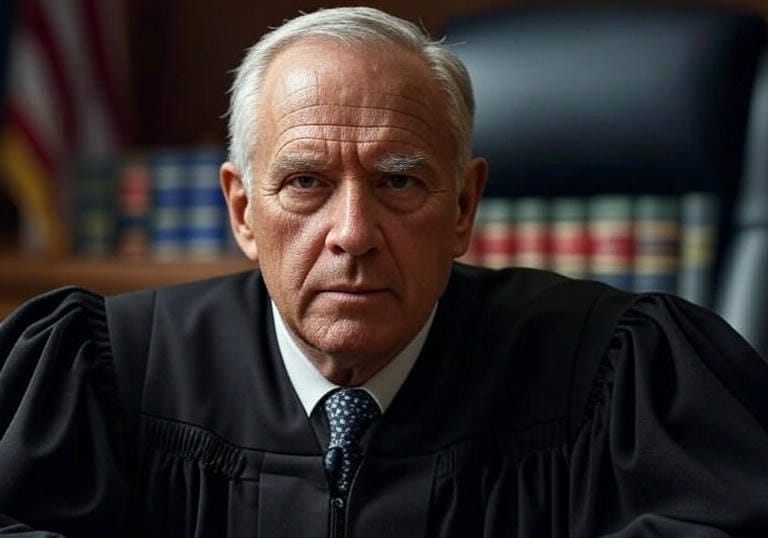The Lincoln Proposal sets out a case for pro-life presidents to take ambitious and bold action to protect the constitutional rights of preborn children.
Since 1973, more than 60 million American children have been killed by the violence of abortion. The horror of approximately 2,000 daily killings stems from the United States Supreme Court’s constitutional errors in Roe v. Wade. The Court promulgated two fundamental errors in Roe: first, in its refusal to read the Fourteenth Amendment’s guarantees of equal protection and due process to extend to preborn persons; and second, in its erroneous conclusion that “the right to privacy extends to abortion.” Fortunately, as scholars ranging from Professor Robert P. George to Professor Mark Tushnet have observed, the judiciary is not the sole interpreter of the Constitution. Rather, the legislature and executive share in this responsibility. Since Planned Parenthood v. Casey, the judicial and legislative branches, as well as the states, have engaged in a kind of trench warfare over the logic and scope of Roe’s secondary error. The Lincoln Proposal offers a bold vision to repair our constitutional order by turning the executive’s attention to the task of correcting Roe’s first and foundational error.
Thankfully, the Constitution and laws of the United States vest the President with “[t]he executive power” to take decisive and conclusive action within the domain of the executive branch, including its subsidiary departments and agencies. Article II, Section 1 of the Constitution requires the President to swear to “preserve, protect, and defend the Constitution of the United States.” Joseph Story, the famed Supreme Court justice, observed that the oath entails that constitutional officers are “conscientiously bound to abstain from all acts inconsistent with” the Constitution, and that such officers must “decide each for himself, whether, consistently with the Constitution, the act can be done.” Additionally, Article II, Section 3 directs the President to “take Care that the Laws be faithfully executed.” This provision imposes a twofold duty: first, an independent responsibility to interpret the Constitution and the laws of the United States, and then second, to faithfully execute them. The President’s interpretive role is implicit in and antecedent to the power of execution.
Relying on his constitutionally prescribed oath and his Take Care Clause interpretive authority, the President should fulfill his duty to faithfully execute the guarantees of the Fourteenth Amendment to the Constitution by issuing an Executive Order recognizing preborn persons as constitutional “persons” entitled to the fundamental human rights of due process and equal protection of the laws safeguarded in that Amendment. Such an order would express the full meaning of the Fourteenth Amendment’s guarantee of the right to life and would be supported by the historic practice of great American presidents.




